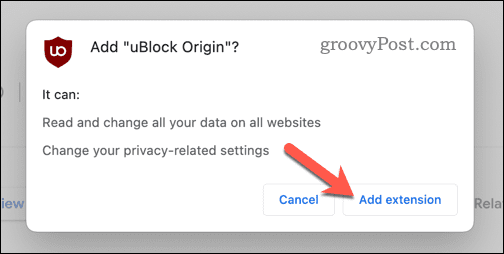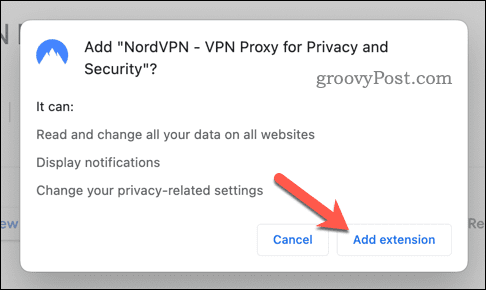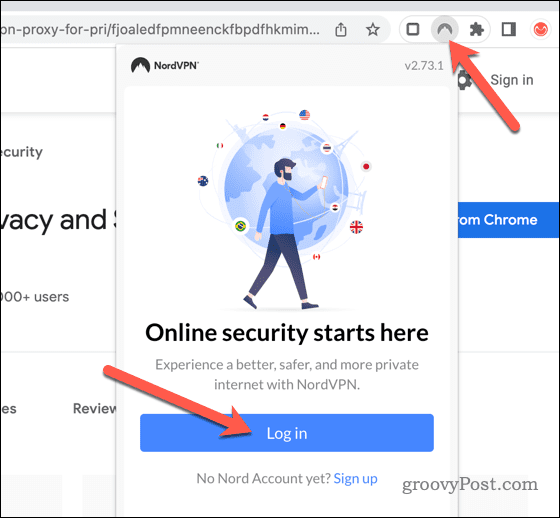You’ve only got one option—it’s time to block the ads. This’ll help improve web page loading speeds and performance and protect your privacy against tracking (or malicious) ads. Using Google Chrome, you can block ads using a few different methods. The best method is to use an ad-blocking extension or a VPN service to get the job done. To block ads in Google Chrome, follow the steps below.
How to Block Ads Using an Ad-Blocking Extension
The quickest way to block ads in Google Chrome is to use an extension that filters out the unwanted content before it reaches your device. Many extensions are available for this purpose, but one of the best ones to use (and our recommendation) is uBlock Origin. uBlock Origin is a free and open-source extension that blocks ads, trackers, malware domains, and more with minimal impact on your system resources. It lets you create custom rules and filters for specific websites or elements. To use uBlock Origin with Google Chrome, follow these steps: Once installed, uBlock Origin will start blocking ads automatically on most websites. You can see its icon in the top-right corner of your browser window with a red shield symbol. You can click on this icon to configure your ads further. For instance, you can whitelist specific sites that you want to support by clicking on the power button next to the uBlock Origin icon when visiting them. This will allow ads to load—but only on the sites you whitelist. Most ad-blocking extensions work similarly to uBlock Origin. If you choose to use another ad-blocking extension, it should start working soon after installation, although you may need to restart your browser in some instances.
How to Block Ads Using a Virtual Private Network
A virtual private service (or VPN) is the next best option for blocking ads in Google Chrome. VPNs encrypt your internet traffic and route it through a server elsewhere (in your own or another country). This way, you can hide your IP address and location from websites and advertisers and bypass geo-restrictions and censorship. A VPN service can also block ads by preventing them from loading on your browser. Some VPN services have built-in ad blockers that filter out unwanted content before it reaches your browser. One such service is NordVPN, one of the best VPN services for Windows and Mac users. NordVPN has over 5,000 servers in 60 countries that you can connect to with one click. It also has advanced security features such as AES-256 encryption, a kill switch, and CyberSec technology that blocks ads and malware. To use NordVPN with Google Chrome, follow these steps: After you’ve connected to NordVPN’s servers, you should find that most website ads are blocked automatically. If they aren’t, click the NordVPN extension icon and make sure that ad-blocking is enabled in the extension’s settings.
Blocking Intrusive Advertisements in Chrome
Using the steps above, you can quickly block ads in Google Chrome. Ad blocking is one of the quickest and best ways to improve your online browsing experience. It’ll help limit the resources needed to load certain web pages and block ads that track your location and your previous web history—or worse. Want to take things further? Other ways to make Chrome faster include using fewer tabs or clearing your browser cache. Want to use the same Chrome settings on all of your devices? You can sign in and sync your Chrome settings to multiple devices to help you do it. Comment Name * Email *
Δ Save my name and email and send me emails as new comments are made to this post.
![]()






